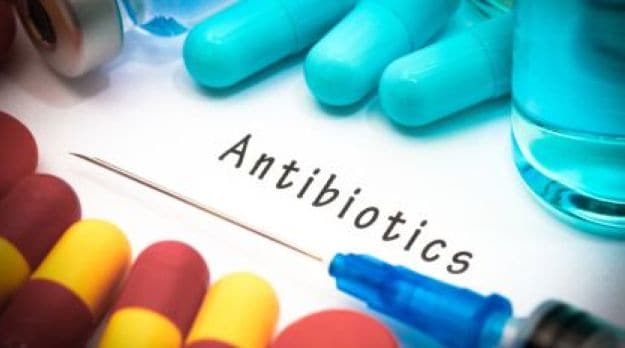Most of us when sick reach out for pills that help us recover faster. Antibiotics were first used in the 1940's and are certainly one of the great advances in medicine. But recently, there has been growing debate regarding over use of antibiotics and how they can damage your immunity. The problem arises because antibiotic tends to kill the good bacteria along with the disease-causing bad microbes, leaving the gut almost completely depleted of beneficial gut flora. A new study, published in the Journal Cell Host Microbe, validates the same. According to research conducted at University of California Davis Health System in the United States, antibiotics are essential for fighting bacterial infection but, they can also make the body more prone to infection and diarrhea by allowing gut pathogens to 'breathe'. Antibiotics benefit pathogen growth by disrupting oxygen levels and fibre processing in the gut, the study said.The way how the "good" microbes in the gut protect against pathogens, such as Salmonella, and how antibiotic treatments foster the growth of disease-causing microbes have been poorly understood. But this new research has identified a chain of events that occur within the gut lumen after antibiotic treatment that allow "bad" bugs to flourish in a mouse model.
"The process begins with antibiotics depleting "good" bacteria in the gut, including those that breakdown fibre from vegetables to create butyrate, an essential organic acid that cells, lining the large intestine need as an energy source to absorb water," said lead researcher Andreas Baumler. The reduced ability to metabolize fibre prevents these cells from consuming oxygen, increasing oxygen levels in the gut lumen that favour the growth of Salmonella. Most people infected with Salmonella develop diarrhea, fever, and abdominal cramps 12 to 72 hours after infection, according to the US Centre for Disease Control and Prevention (CDC)."Unlike Clostridia and other beneficial microbes in the gut, which grow anaerobically, or in the complete absence of oxygen, Salmonella flourishes in the newly created oxygen-rich micro environment after antibiotic treatment," Baumler said. "In essence, antibiotics enable pathogens in the gut to breathe," he added. These findings could lead to development of new strategies to prevent the side effects of antibiotic treatment.According to a study published by researchers from Princeton University, which analyzed the global trends of antibiotics consumption between 2000 and 2010, it was discovered that India consumes the most antibiotics in the world. Dr. Shonalii Sabherwal, a Mumbai based Macrobiotics Dietitian agrees with the study and suggests, ‘Taking too many antibiotics is definitely not good for your health as it kills the digestive lining and the good bacteria in the body. In case of mild cold or fever, you could avoid taking antibiotics and stick to natural home remedies whenever possible."With inputs from IANS
"The process begins with antibiotics depleting "good" bacteria in the gut, including those that breakdown fibre from vegetables to create butyrate, an essential organic acid that cells, lining the large intestine need as an energy source to absorb water," said lead researcher Andreas Baumler. The reduced ability to metabolize fibre prevents these cells from consuming oxygen, increasing oxygen levels in the gut lumen that favour the growth of Salmonella. Most people infected with Salmonella develop diarrhea, fever, and abdominal cramps 12 to 72 hours after infection, according to the US Centre for Disease Control and Prevention (CDC)."Unlike Clostridia and other beneficial microbes in the gut, which grow anaerobically, or in the complete absence of oxygen, Salmonella flourishes in the newly created oxygen-rich micro environment after antibiotic treatment," Baumler said. "In essence, antibiotics enable pathogens in the gut to breathe," he added. These findings could lead to development of new strategies to prevent the side effects of antibiotic treatment.According to a study published by researchers from Princeton University, which analyzed the global trends of antibiotics consumption between 2000 and 2010, it was discovered that India consumes the most antibiotics in the world. Dr. Shonalii Sabherwal, a Mumbai based Macrobiotics Dietitian agrees with the study and suggests, ‘Taking too many antibiotics is definitely not good for your health as it kills the digestive lining and the good bacteria in the body. In case of mild cold or fever, you could avoid taking antibiotics and stick to natural home remedies whenever possible."With inputs from IANS
Advertisement









